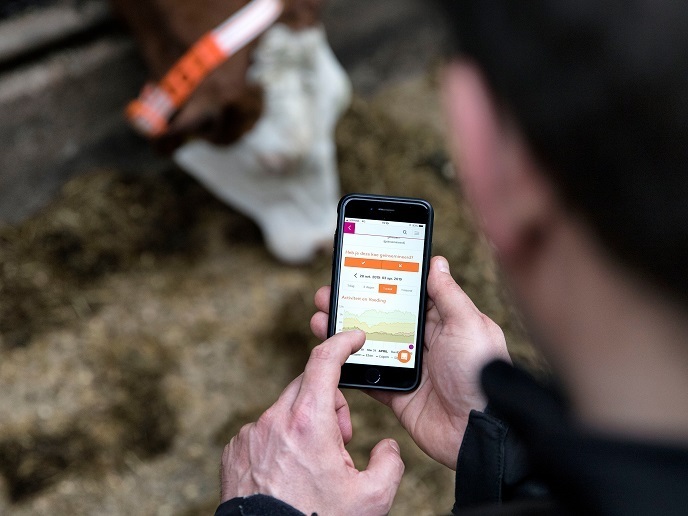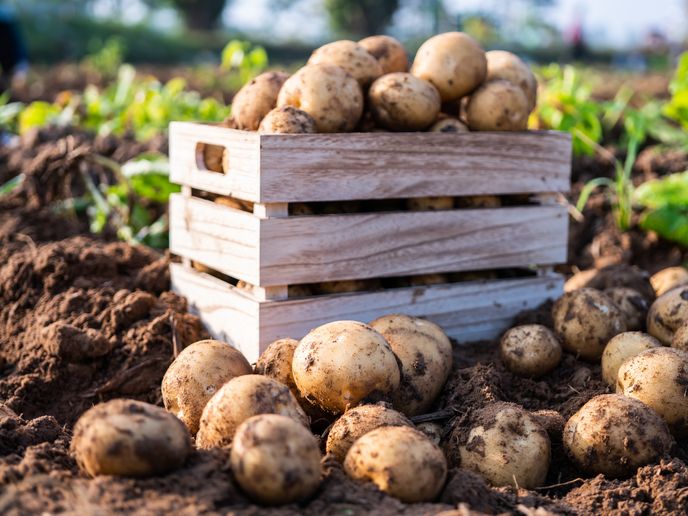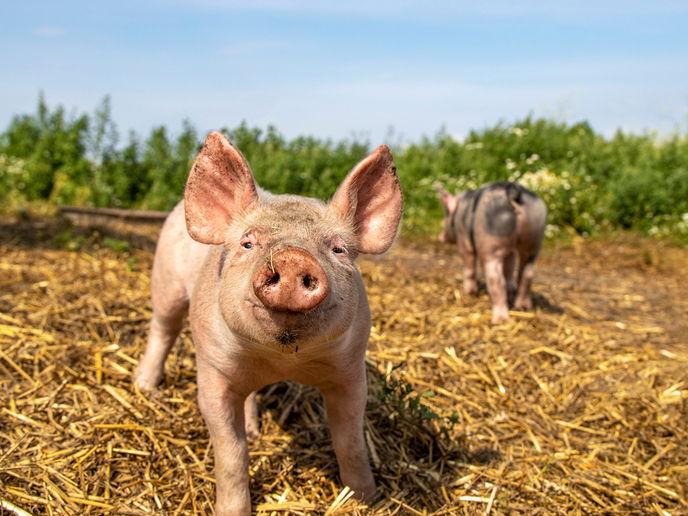Healthy cows, healthy farm, healthy environment: Artificial intelligence for efficient, greener farming
Milk production represents a significant proportion of the value of EU agricultural output. However, concerns about global warming and biodiversity degradation have made it clear that the sector must become more efficient to feed the world’s growing population without causing further harm to the environment. Technological innovation has the potential to provide key solutions for improving the efficiency of dairy farms, enhancing animal productivity and reducing the sector’s environmental impact – all at once. Ida, developed by agritech company Connecterra, is one such example. Using artificial intelligence (AI) to monitor and learn the behaviour of each cow in a herd, Ida is a ‘digital assistant’ that provides actionable insights for the farmer. An EU-funded project of the same name allowed Connecterra to develop Ida’s technology through trial cases and expand its commercial adoption.
Early detection of illness leads to significant reduction in antibiotics
During the project, improvements were made to Ida’s sensor and algorithms, leading to a 30 % increase in farm efficiency and animal productivity. While these are all important improvements, there is one particular feature of Ida that project coordinator Marjolein van Hage emphasises as a key added value for the dairy farming sector. “Ida detects health issues 2 days before they become apparent to humans, contributing to a 50 % reduction in use of antibiotics,” she explains. Timely detection and quick recovery of sick cows is key for animal health and reducing the use of antibiotics, a central priority of the EU’s From Farm to Fork Strategy, part of the European Green Deal. According to a recent report from the Food and Agriculture Organization of the United Nations, ensuring animal health is also a key way of improving efficiency and reducing emissions: Healthier animals are more productive, thus reducing emissions per unit of output. Based on input from a sensor fitted around the neck of a cow, cloud computing and AI technology enable Ida to analyse a cow’s movements and spot early signs of anomalies in behaviour, often the first signs of sickness. Ida then deduces the disease the cow is prone to get and alerts the farmer. Ida’s ability to significantly reduce antibiotic treatment was studied as part of the Horizon 2020 Internet of Food and Farm project and peer-reviewed by Wageningen University.
Long-term testing key to success
Guaranteeing users’ satisfaction with the platform’s performance was a key priority for the project. Ida therefore conducted long-term testing in real farm settings with fewer farms in the pilot programmes than originally envisioned. “This turned out to be a successful strategy,” says van Hage, “as we see a positive operational impact and high levels of satisfaction from our current customers. We are also becoming a trusted resource within the dairy industry for ongoing research and collaborative projects.” The positive outcomes of the Ida project make it possible to expand Ida’s commercial presence beyond the initial test markets and enter partnerships with a focus on bringing sustainability management technologies to farmers. “By empowering farmers with the right technology, we believe our project can help address the growing demands for food and the changing climate,” van Hage concludes.
Keywords
Ida, AI, artificial intelligence, antibiotics, environmental impact, agritech, animal productivity, animal health, long-term testing, dairy farming







